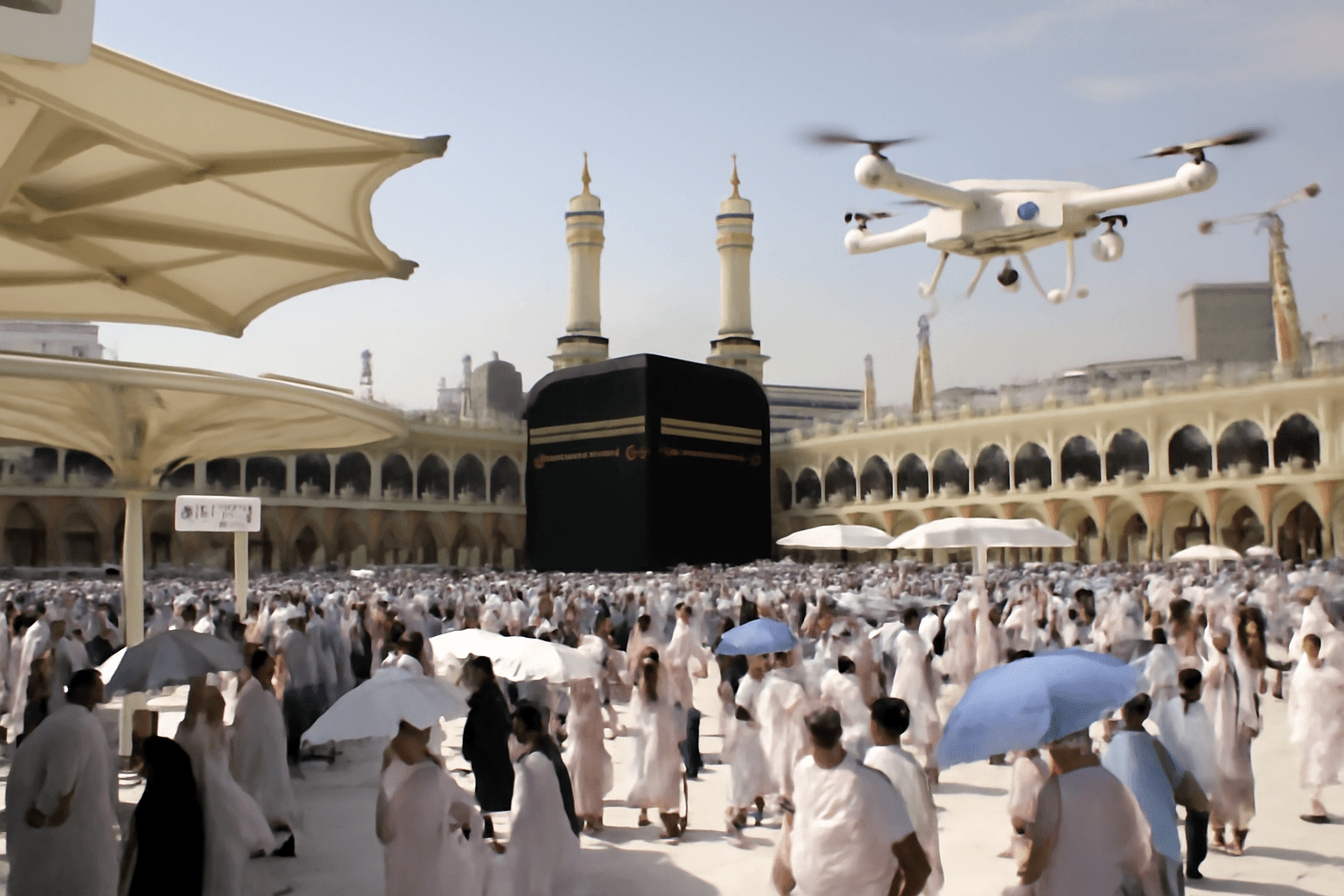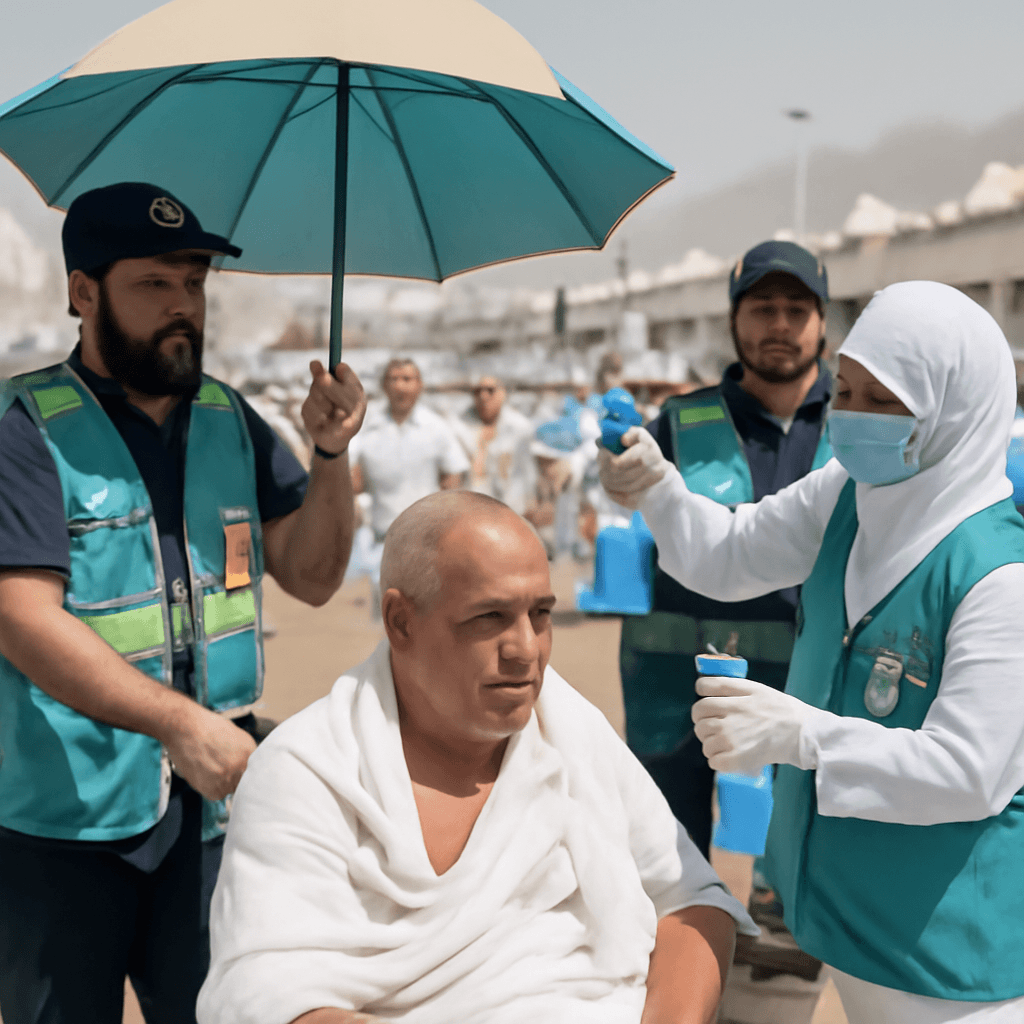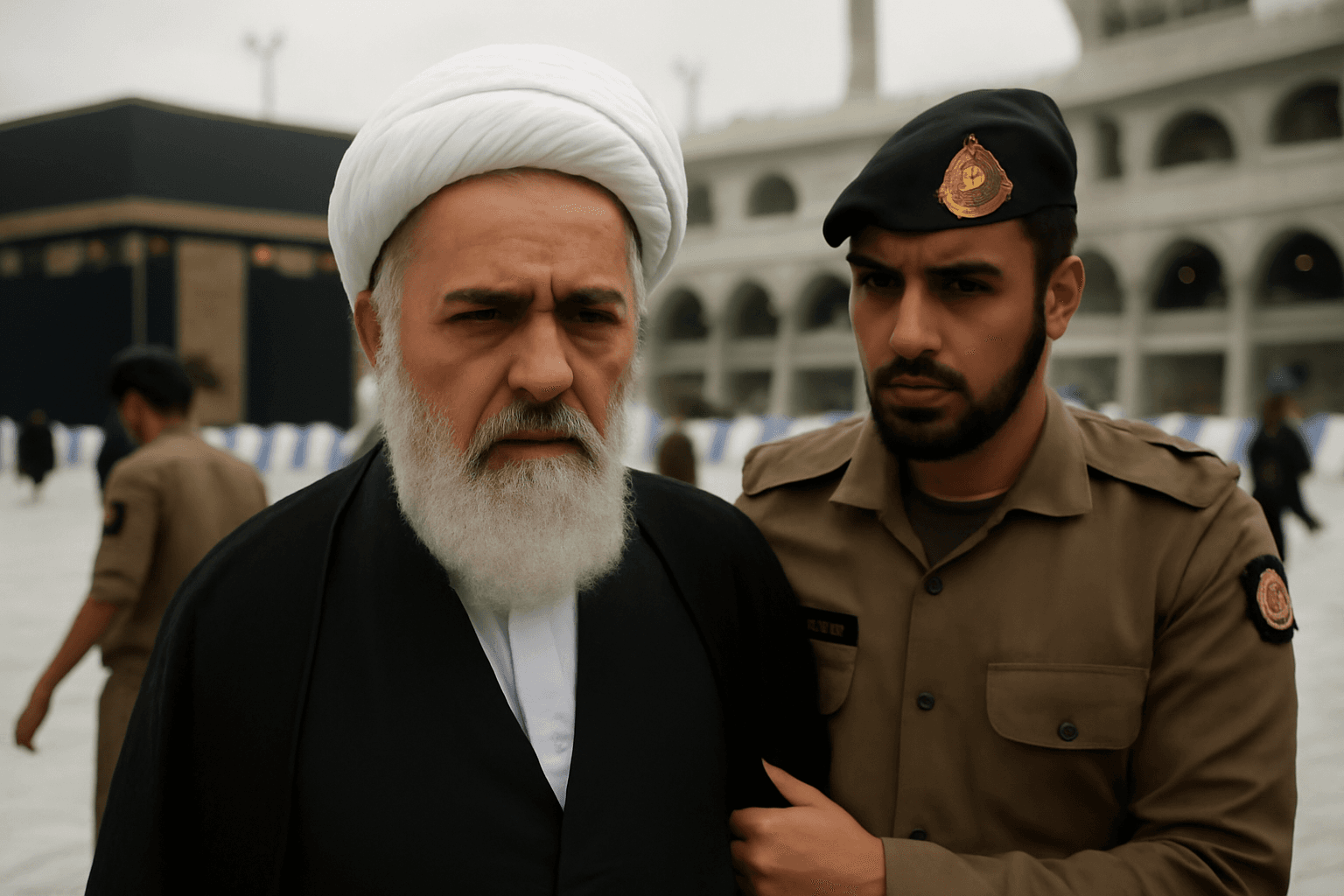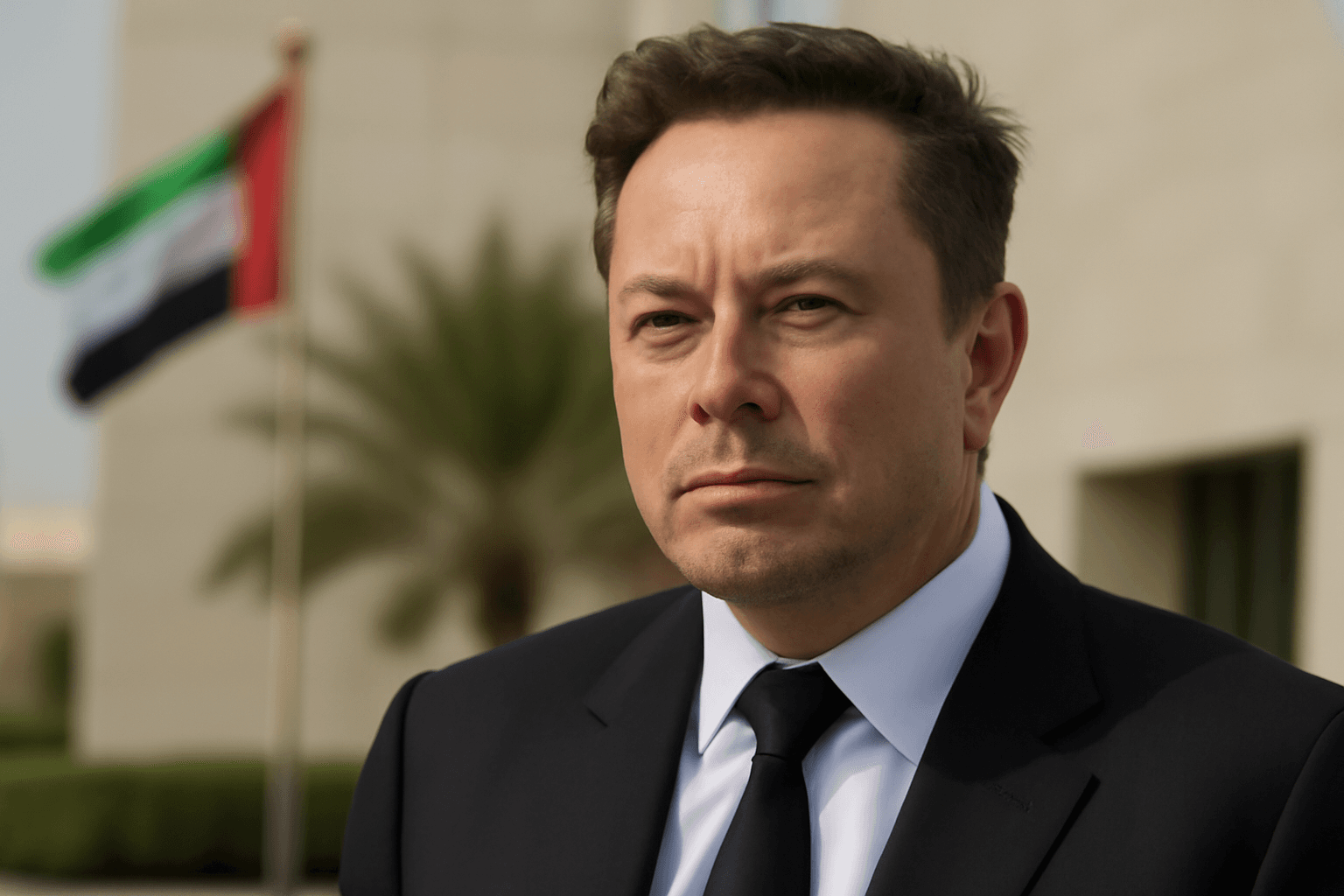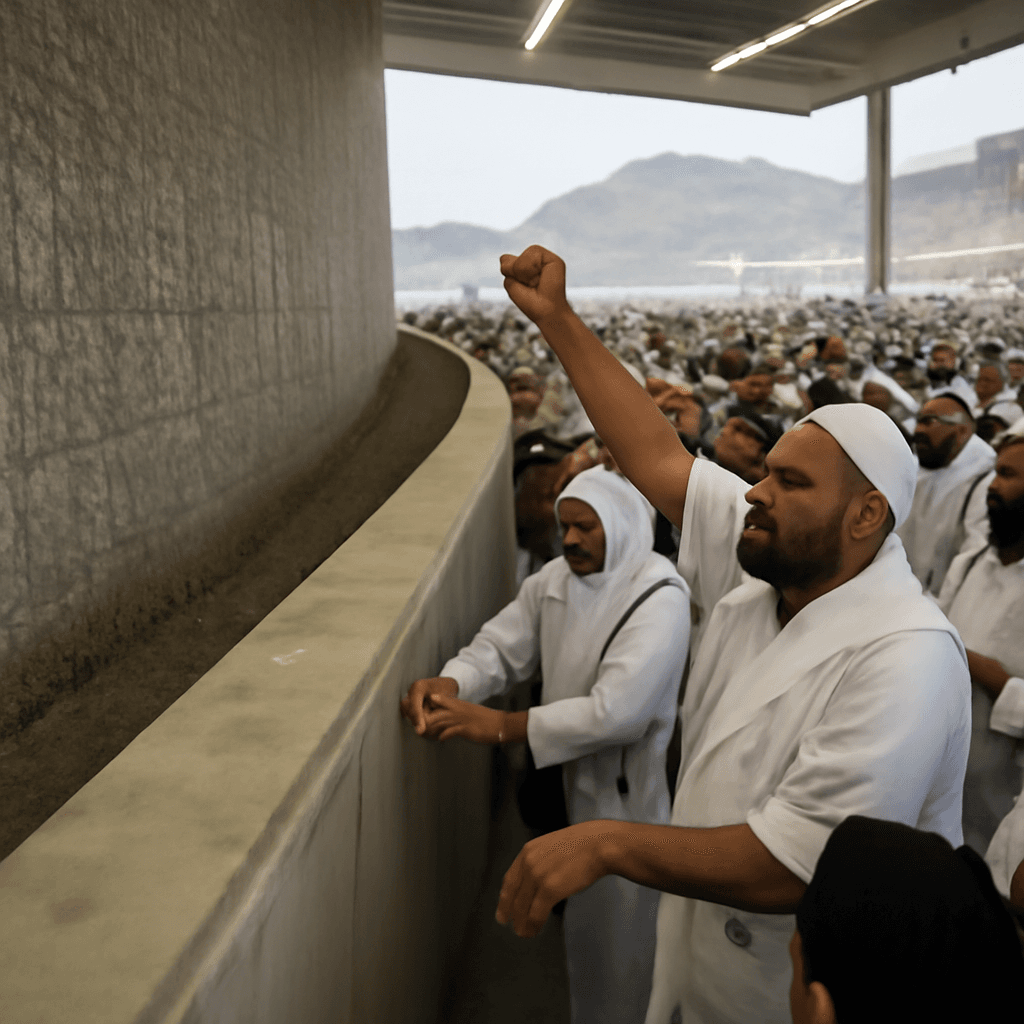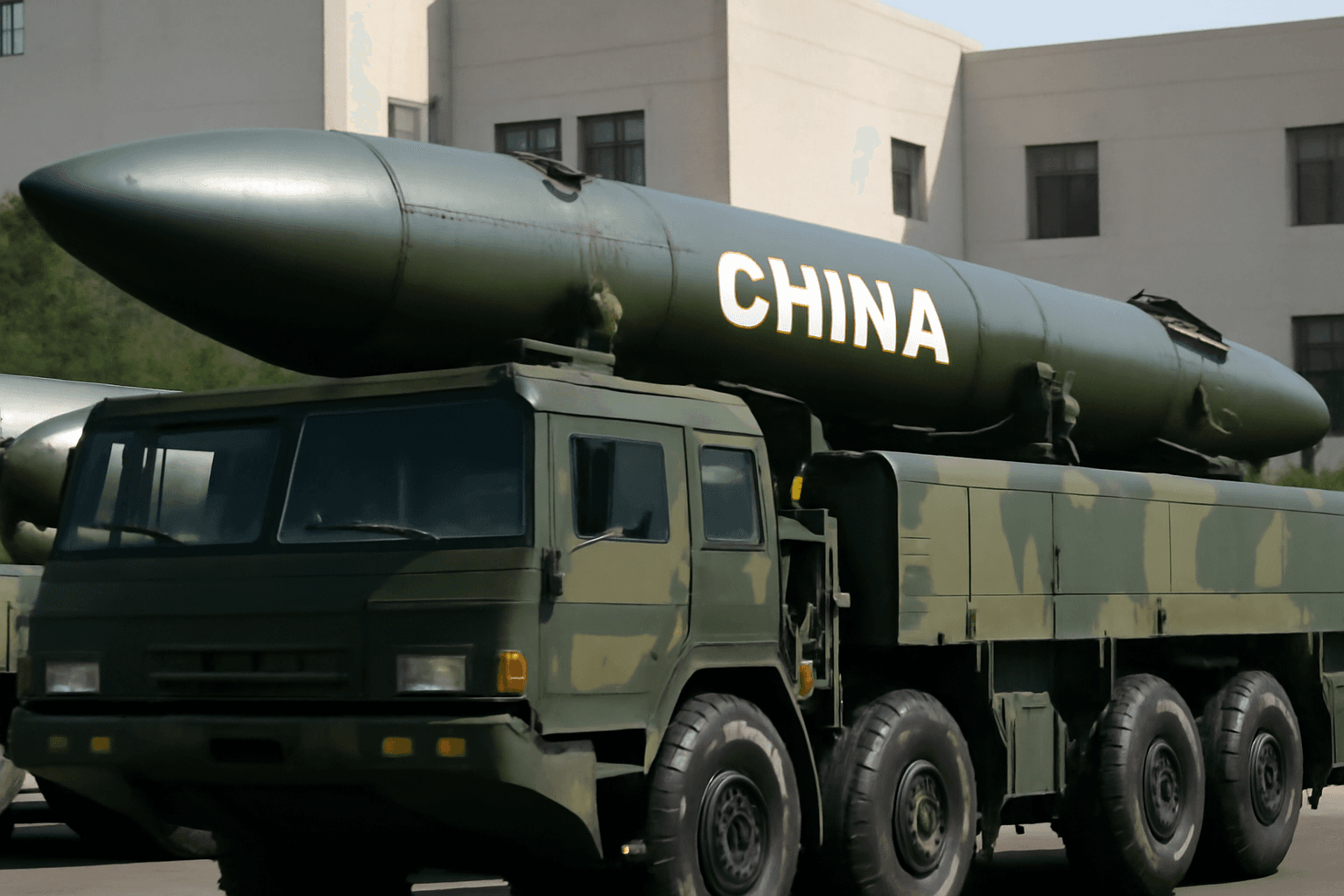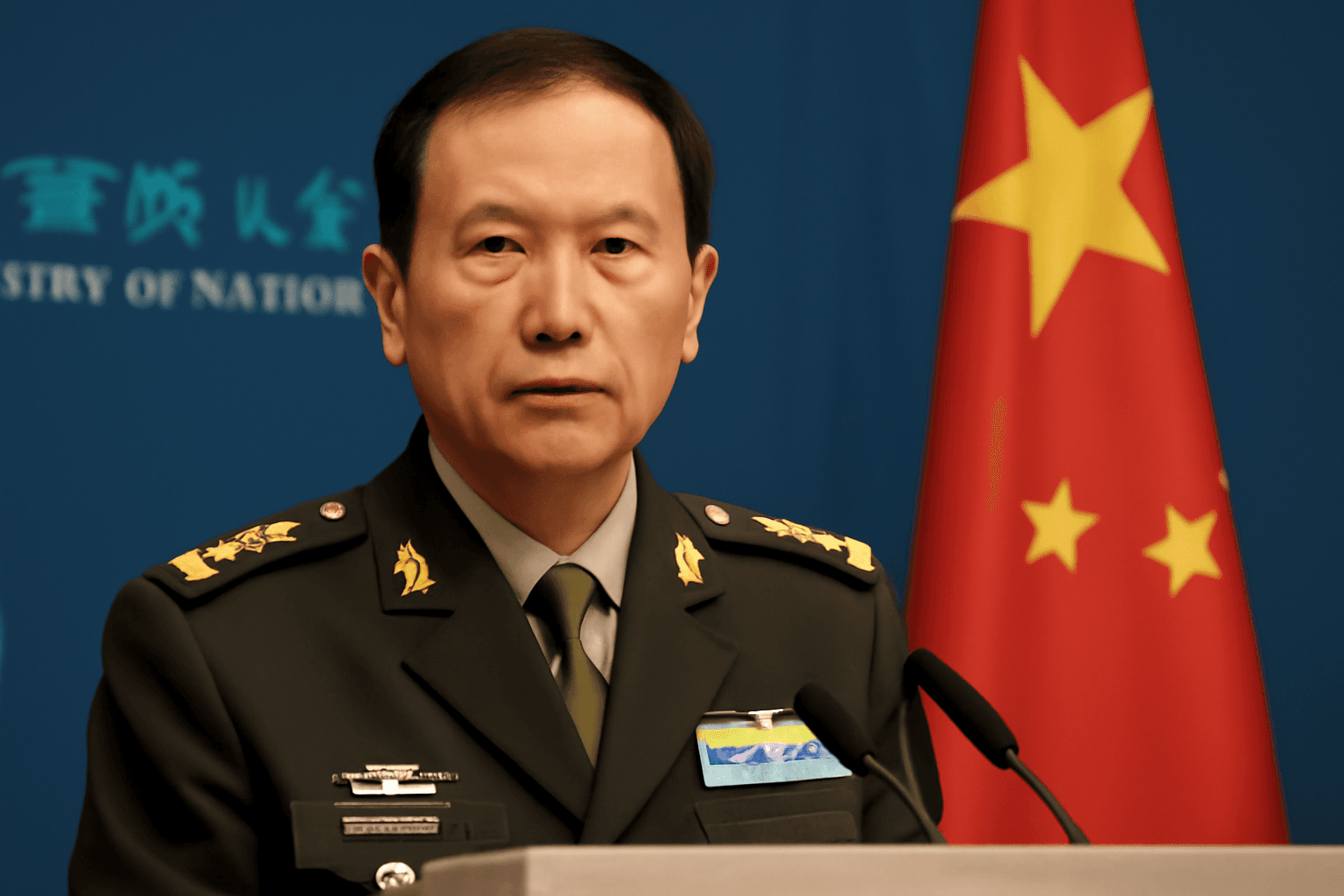Saudi Arabia is intensifying its preparations for this year's Hajj pilgrimage by deploying advanced measures to tackle the extreme desert heat and ensure the safety of over a million pilgrims. Tawfiq al-Rabiah, the Saudi Minister of Hajj and Umrah, emphasized that mitigating heat-related risks remains a top priority amid rising temperatures in Mecca.
In an exclusive interview, Minister al-Rabiah highlighted the challenge posed by soaring temperatures, referencing last year's Hajj, during which over 1,300 pilgrims lost their lives as temperatures soared above 51.8°C (125.24°F). To combat this, authorities have coordinated efforts among more than 40 government agencies and mobilized 250,000 officials.
Significant infrastructural enhancements include expanding shaded areas by 50,000 square meters, increasing the number of medical personnel, and deploying over 400 cooling units throughout the pilgrimage sites. Previous initiatives have involved renovating the surroundings of the Grand Mosque and applying special asphalt layers to reduce surface heat. According to al-Rabiah, these improvements aim to ensure a safer and more comfortable experience for pilgrims.
Additionally, Saudi authorities are integrating advanced artificial intelligence (AI) technologies to monitor crowds and manage safety effectively. A new fleet of drones coupled with AI software will process vast amounts of footage and data for real-time feedback, enhancing crowd control measures, critical given past tragedies such as the 2015 stampede that resulted in approximately 2,300 deaths.
Beyond physical enhancements, the government is strictly enforcing Hajj permit regulations. Last year, more than 80% of fatal cases involved pilgrims without official permits, who consequently lacked access to critical services like air-conditioned tents. Permits are allocated through a quota and lottery system per country. To limit unauthorized entries, authorities have launched crackdowns, intensified media campaigns, and increased penalties, including potential deportation and up to a 10-year ban on violators.
Al-Rabiah urged all prospective pilgrims to obtain proper permits and called on countries to support these efforts to guarantee safety and order during the pilgrimage. This year’s Hajj is scheduled to commence on June 4 and will span at least four days, predominantly involving outdoor rituals.
The Hajj is one of Islam’s five pillars and a mandatory religious duty for Muslims who are physically and financially able to undertake the journey. With the pilgrimage occurring during the sweltering summer months, the Saudi leadership remains committed to safeguarding pilgrims' spiritual fulfillment and wellbeing.

